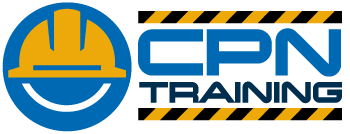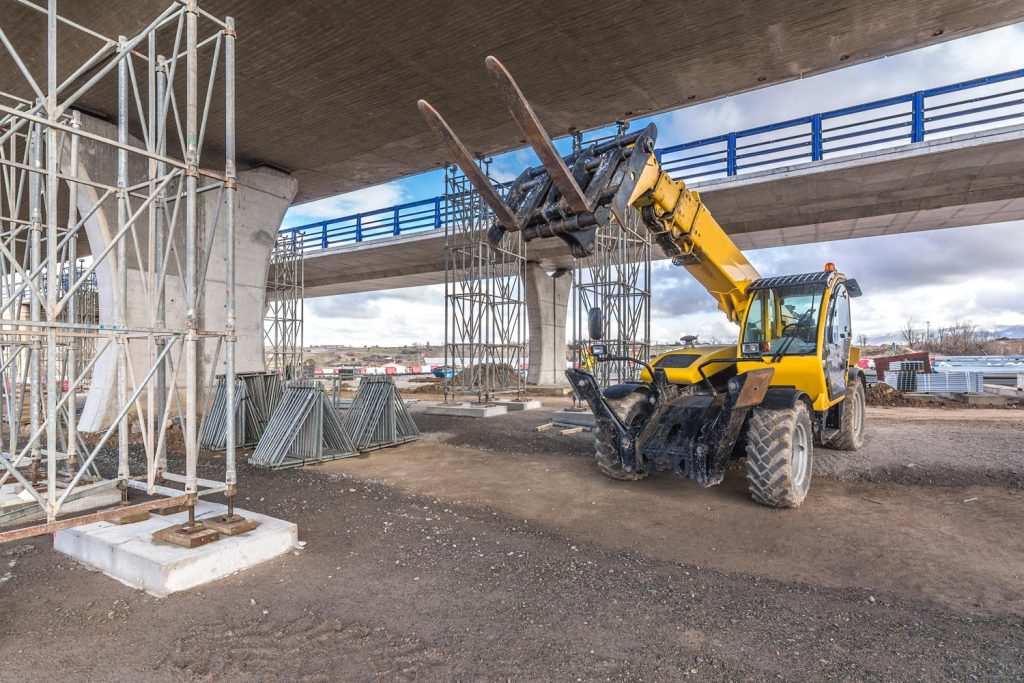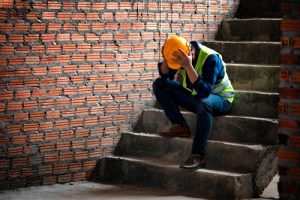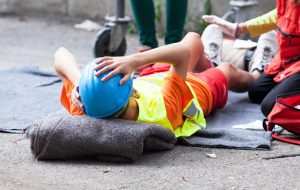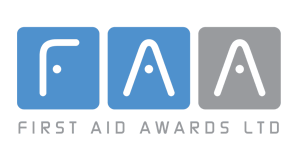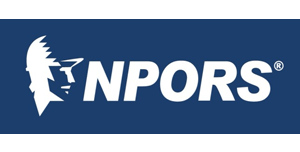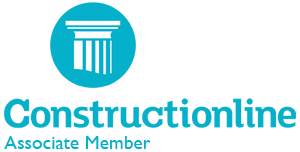NPORS Telehandler Training covers both theory and practical instruction on the operation of telehandlers and are therefore ideal for both new and experienced operators. Our NPORS Training Course will provide you with the skills and knowledge to operate a telehandler safely and efficiently in accordance with manufacturers’ instructions and recognised good practice.
Duration of The Course
The duration of the course can vary due to a number of reasons such as experience, number of students and the number of students per instructor. For more information regarding course duration view our NPORS Training page.
Aims of the Telescopic Handler Training Course.
Our NPORS Telescopic Handler training course aims to provide the candidate with thorough practical and theory training in operating a telescopic handler.
Candidates will learn how to set up the machine safely and prepare it for use, including pre-use checks. Candidates will also be taught how to carry out various manoeuvres safely, as well as how to shut down and secure the machine correctly at the end of the day’s work.
The NPORS Telescopic Handler Training Course will cover the following topics:
- Health and safety regulations- Pre-operational checks
- Operating the telehandler
- Stopping and shutting down the telehandler
- Refuelling and recharging
- Maintenance
- Emergency procedures
What Happens After Completing The Telehandler Course?
Upon successful completion of this training course, candidates will receive an NPORS Certificate of Basic Training (CBT) and Operator’s Card. The certificate is valid for 3 years, after which time a refresher course will need to be completed. Candidates will also receive a NPORS Operator Card which gives employers proof that the holder has undergone NPORS telehandler training. The card remains valid as long as the candidate can produce a current NPORS certificate.
